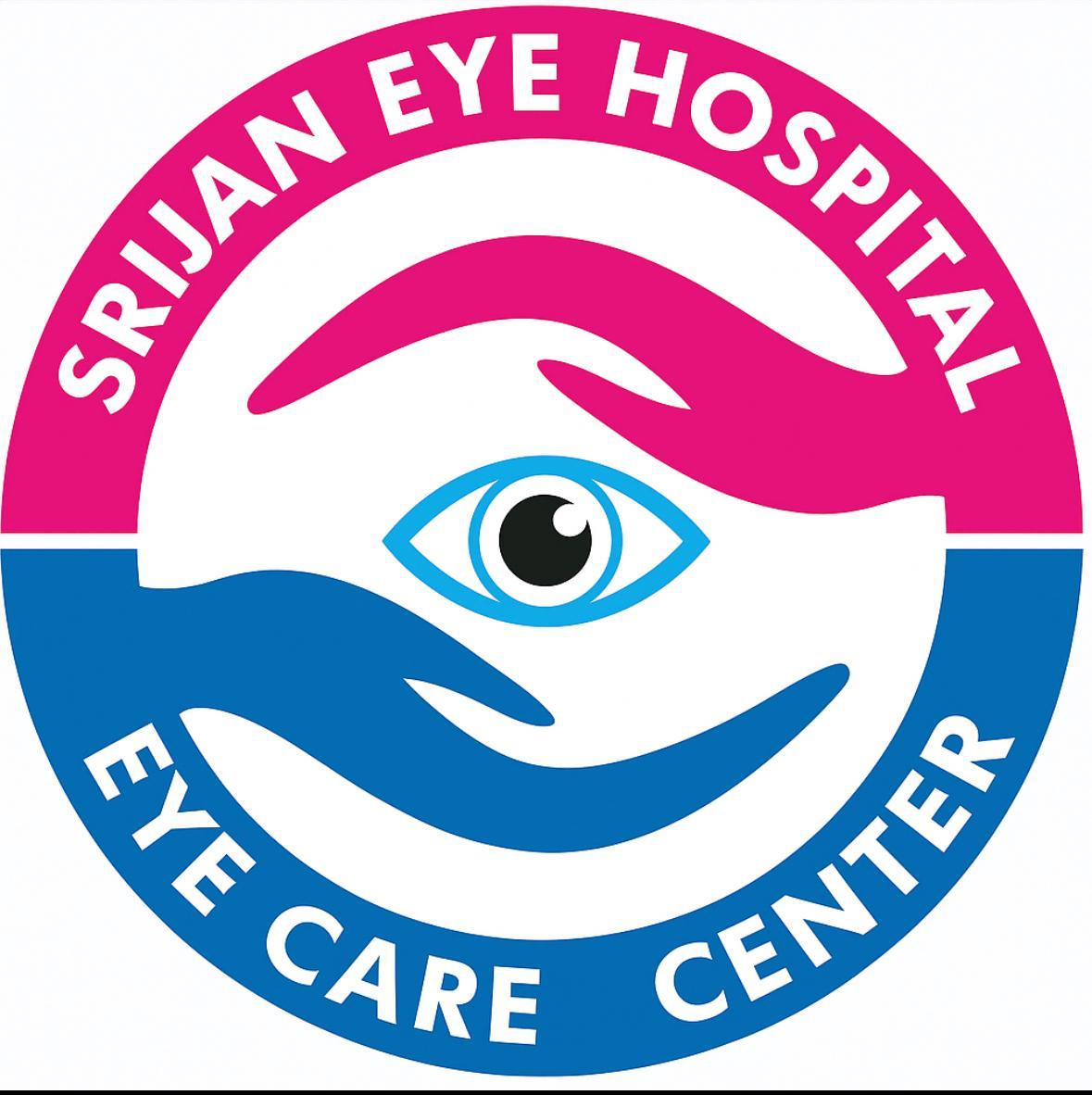Strabismus or crossed eyes is a visual problem where both eyes are not looking in the same direction. It can occur in children and adults.
Loss of coordination between the muscles of the two eyes leads to strabismus.
Despite being a cosmetic defect, strabismus is also blindness in one eye.
What Causes Strabismus?
Strabismus can have many different causes,
- Congenital (by birth)
- Family History
- Health conditions (Diabetes, Thyroid)
- Paralysis
- Damage to eye muscles
- Refractive errors (Vision problems)
- Nerve Damage
About 30% of children with strabismus have a family member who also has strabismus.
Signs and Symptoms of Strabismus
The most common symptom is misalignment or turning of the eye.
Other symptoms include:
- Double vision
- Difficulty focusing
- Trouble reading
- Eyestrain
- Image shifting
- Weakness in the eye
How is Strabismus Diagnosed?
Strabismus is identified during an eye examination. Diagnosis is made by:
- Patient history
- Covering and uncovering each eye in turn
- Alignment and focus test
- Visual acuity (reading letters or examining visual behavior)
- Refraction (To measure light focus)
- Laboratory analysis of your blood
- scan of the eye sockets and orbit
For the best treatment, it is essential to have a precise diagnosis of the cause of the strabismus.
Treatment for Strabismus:
Treatment for strabismus depends on the patient’s age and the severity of the symptoms.
Treatment options include:
- Eyeglasses
- Prism lenses (used to bend light)
- Eye Exercises
- Eye patches
- Surgery
- Eye drops or ointments
- Botulinum Toxin (Injection to eye muscles)
Strabismus can be treated at any time. Consult your ophthalmologist to know your treatment options.
What are the complications of strabismus?
Some believe that strabismus will get better without any treatment, which is not true. It can cause several complications:
- Permanent poor vision in the turned eye
- Blur vision
- Headaches
- Eye strain
- Fatigue
- Poor 3-dimensional (3-D) vision
- Low self-esteem
You do not have to endure discomfort and problems associated with misaligned eyes. Seek medical help right away.
Myths and Facts about Strabismus:
Myth: Surgery for strabismus is very risky
Fact: If skilled eye surgeons perform your surgery; it is very safe.
Myth: Surgery for strabismus restricts vision for the first few days
Fact – Vision is never lost, not even for a few hours. You may have blurred vision or itchiness in the eyes.




